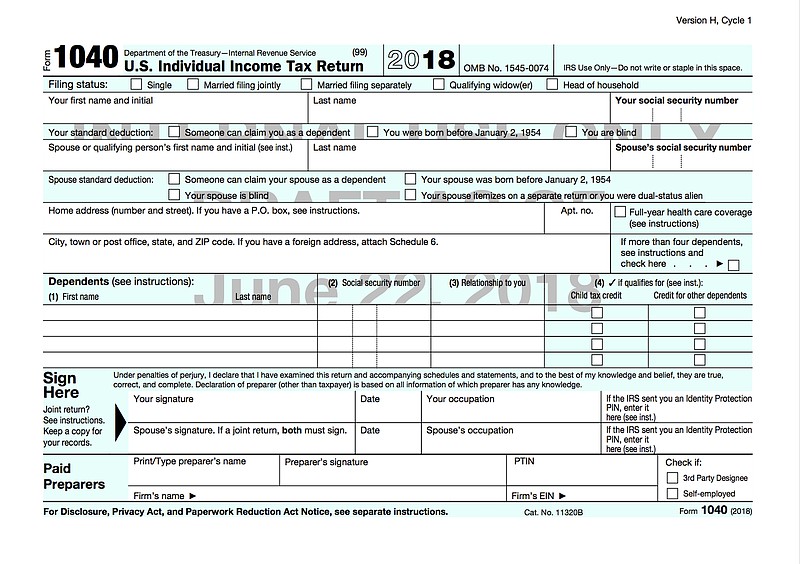Q. I received a phone call from someone who claimed to be with the IRS (Internal Revenue Service) and he said I owed back taxes and if I didn't pay right now the police were on the way, he was quite threatening. Does the BBB have any advice about how I should handle this type of call?
A. These calls can come in the form of a phone call, email or text message. "If you don't pay, you're going to jail. The police are coming to arrest you right now." These are some of the things that people who have received the threatening tax scam phone call have heard. This scam reappears every tax season with a new spin on the same old con. Fraudsters pretend to be calling on behalf of the Internal Revenue Service (IRS) and demand payment for overdue taxes or try to gain access to your personal information.
The IRS tax scam call is one of the most frequent scams we hear about at BBB. Although international law agencies have intervened, and even shut some of these call centers down, the scam is still very prevalent, especially with tax season approaching.
How Does This Scam Work?
This scam is most commonly performed via an unsolicited telephone call. The IRS 'agent' calls saying that you owe back taxes and proceeds to try and coerce you into paying fees via wire transfer or prepaid credit or debit cards. If you do not comply, the caller will threaten that you will be arrested, and claim that the police are on their way.
Another spin on this scam is the 'agent' will call you claiming that they are issuing you a tax return and try to get your personal and financial information, so they can send your refund. The information that scammers collect can be used to steal your identity.
How to Spot This Scam
These IRS Scams are often a more sophisticated version of common phishing scams. It's important for consumers to know that the IRS will never threaten you over the phone and claim that the police are coming to arrest you. Scammers rely on high-pressure tactics to get you to act quickly. They want you to act out of fear before you have time to think. A few other signs that you may be dealing with a scammer are:
» You're being contacted at weird hours. A lot of the time, they will call during odd hours such as early in the morning or late at night, so they can catch you when you're tired, and may not be in a clear head-space. The real IRS will listen to you, give you opportunities to ask questions and make any appeals, they may ask you for details such as name or date of birth to confirm your identity. IRS' first form of communication with you will always be by mail; not by phone or email and they will not call outside of business hours.
» They've reach out via unconventional methods. If you received a text message claiming to be from IRS, please ignore it, as they will never use text message to communicate with you. Even if the correspondence looks like it may be legitimate, be careful. Some scammers have been known to give fake employee badge numbers and can spoof their caller ID to look like the call is coming from IRS headquarters.
They may even follow-up their calls with emails that look like they are coming from an official source, trying to further legitimize themselves, and eliciting urgency for the victim to make payment.
» They're asking for unconventional payment methods. Scammers also pressure you to make payments in prepaid cards, wire transfers or other non-traditional payments such as gift cards. They use these methods as they are highly untraceable and irreversible.
If you are unsure about a call claiming to be from IRS, they recommend confirming your tax status through one of their secure online portals. You can also call the IRS' Individual Tax Account Balance Automated Service at 1-866-474-8272, this line gives you information on outstanding tax balances.
If you are concerned about a call you received from someone who claims to be with the SSA, you can call the real SSA at 1-800-772-1213 (TTY 1-800-325-0778). If you encounter a potential tax scam or believe you have been scammed, contact your local police service. You can also visit the IRS.gov website and find more information about how to report tax scammers. You should also report the scam to the BBB Scam Tracker at bbb.org/scamtracker.
Jim Winsett is president of the Better Business Bureau in Chattanooga.

